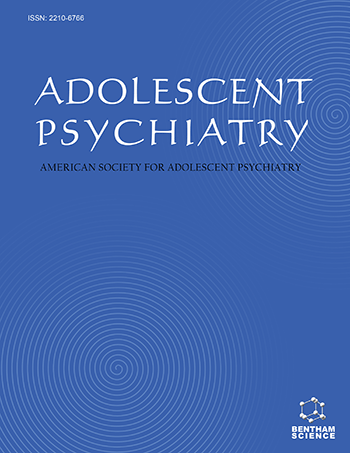Abstract
Introduction: Depressive disorders among adolescents are public health challenges whether in terms of both morbidity and mortality. Because of the paucity of specific instruments to measure depression in adolescents, we undertook to design and develop a new tool, the ADRS (Adolescent Depression Rating Scale) using a qualitative and quantitative procedure. The psychometric properties of the ADRS have been already published in a previous paper (Revah-Levy, Birmaher, Gasquet, & Falissard, 2007).
Goals: The aim of the present paper is to describe the results of the qualitative method we employed to build the scale which used in-depth interviews with 5 patients and 11 clinicians followed by a thematic analysis based on the principles of the Grounded Theory.
Results: These research interviews yielded three aspects of the depressive experience: 1) Emotional state: irritability, the overwhelming nature of the depressive experience, negative perceptions of self and ideas of death; 2) non-emotional manifestations: mental slowing, sleep disturbances; 3) manifestations in social interactions: at work, in leisure activities, and in relationships. Using with three aspects of the depressive experience, a clinician version and a patient version of the scale were elaborated and submitted to a classical validation procedure leading to a final selection of 10 items for each (self and clinician) version of the instrument.
Conclusions: This work supports the interest of using qualitative methods in psychiatric research to investigate the subjective experience of patients, which is a central dimension in clinical care.
Keywords: Adolescence, depression, measure, qualitative research



























